Over 6,800 South African Drivers Affected by Major Vehicle Recalls
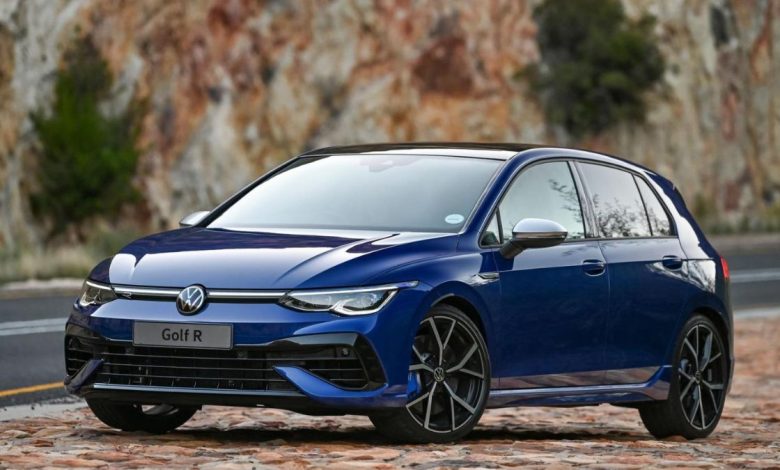
Over the past few months, South African motorists have faced an increasing number of vehicle recalls. More than 6,800 vehicles were affected by safety defects. These recalls affect well-known brands like Volkswagen, Volvo, and Toyota. They raise important questions about vehicle safety.
Vehicle recalls can be a big problem, whether they are minor inconveniences or major safety risks. What can South Africans affected by vehicle recalls do?
Understanding the scope of major vehicle recalls in South Africa
When manufacturers identify problems with their vehicles, they implement a vehicle recall process as part of a safety procedure. The scale of recalls currently occurring in South Africa is significant. The manufacturers recalled over 6,800 vehicles because they found safety defects in popular models.
Volkswagen Golf 8 R & Golf GTI Recall
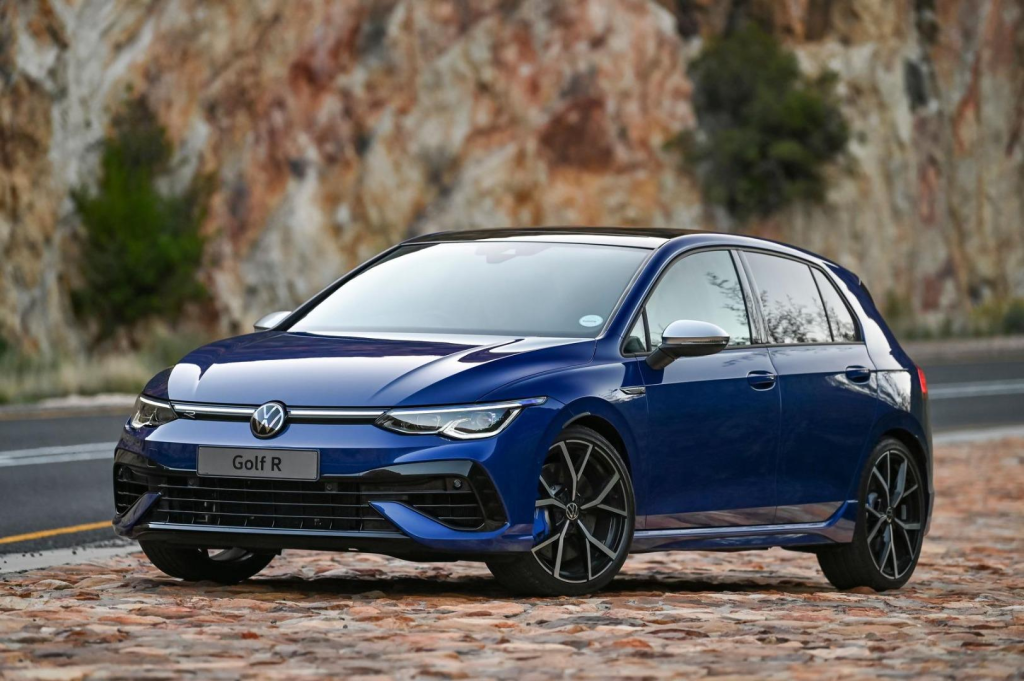
Volkswagen has issued recalls for 159 Golf 8 R and GTI models. A manufacturing defect is at the anchoring point for the passenger’s seatbelt. This defect may reduce the effectiveness in an accident, resulting in serious injuries or fatalities.
VW South Africa assures affected owners that the repairs will be free of charge. A spokesperson from the company said:
This recall is proactive to address a possible safety risk. We work closely with affected owners to support them through the repair process.
ALSO READ: Range Rover Sport SV Black Edition Breaks Cover in South Africa After Global Goodwood Debut
Volvo XC90 Plug-in Hybrid Recall
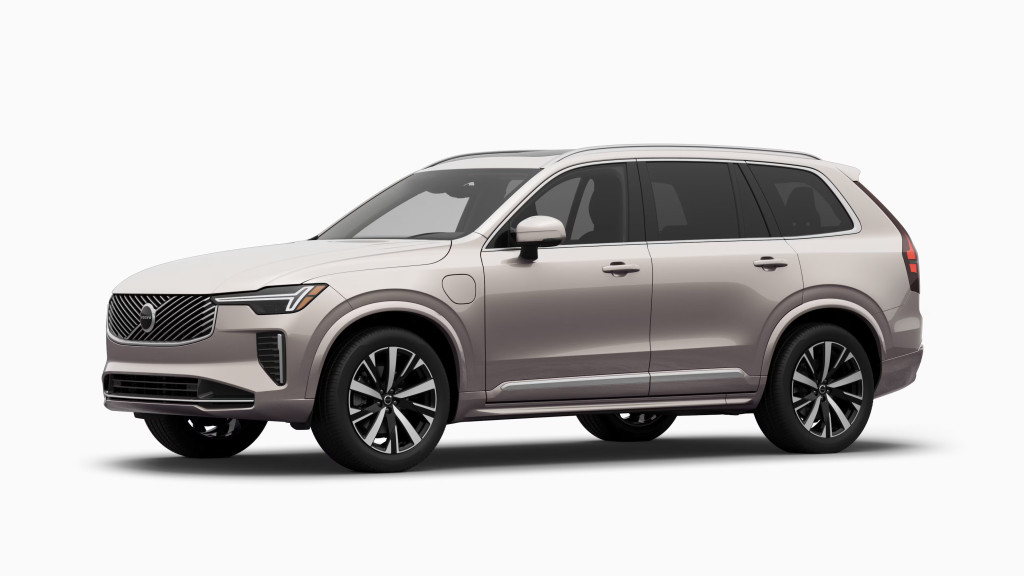
Volvo also issued a recall on 26 Plug-in Hybrid XC90 models because of an issue that may result in a temporary loss in braking capability when using “B” mode, or one-pedal drive. This defect may reduce braking performance, especially when coasting downhill.
Volvo South Africa’s representative said: “Volvo puts customer safety first, so we contact owners immediately to arrange repairs.”
Toyota Hino 500 Series Recall
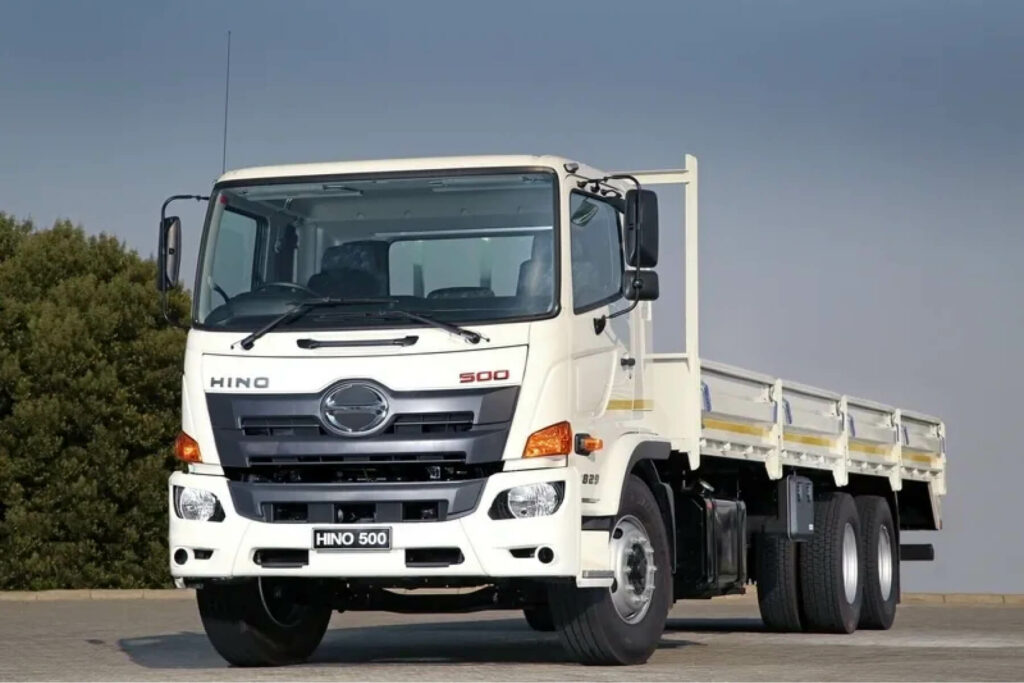
Toyota’s Hino Series is the largest recall, with 6,739 affected units. The affected vehicles may have difficulty releasing their parking brakes, which can be dangerous in an emergency, especially for large commercial vehicles.
Toyota South Africa spokesperson commented on the matter:
We’re committed in resolving the issue quickly, and owners can expect their vehicles to be repaired at authorized service centers at no charge.
Additional Recalls Affecting South African Drivers
In addition to the Volkswagen, Volvo, and Toyota recalls, other vehicle manufacturers have also issued safety recalls in recent months. These recalls further highlight the urgent need for vigilance and proactive measures by South African vehicle owners.
Volkswagen Polo Sedan (905 units)
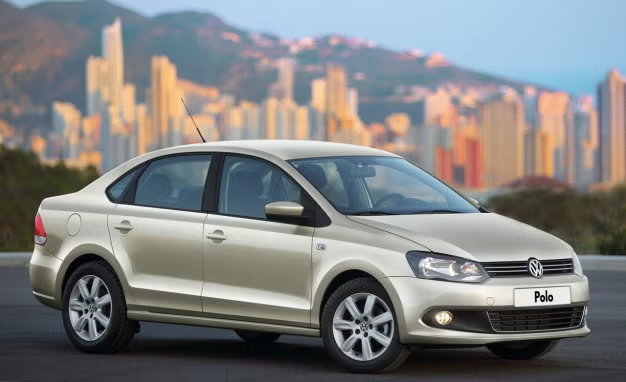
Volkswagen has issued a recall for 905 units of the Polo Sedan due to a defect in the rear seatbelt latch plates. The manufacturer produced the latch plates with insufficient hardness, which may cause them to fail during an accident and increase the risk of injury to passengers.
“Volkswagen is committed to resolving this issue promptly by replacing the affected latch plates in all affected vehicles. We urge owners to bring their cars in for repairs immediately,” a company representative stated.
Mercedes-Benz CLA & S-Class (Multiple units)
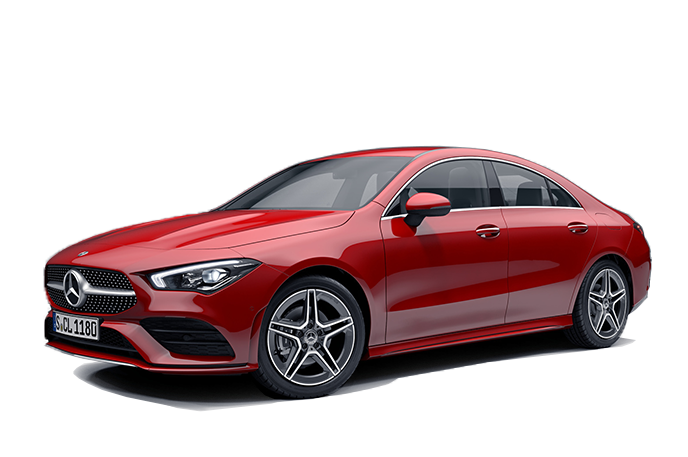
Mercedes-Benz has recalled several units of its CLA and S-Class models due to an issue with the brake fluid hoses. Some of these hoses were not properly specified, which could lead to brake fluid leaks. A brake fluid leak can compromise the braking system, increasing the likelihood of an accident.
“The safety of our customers is always our top priority, and we are working quickly to address this issue by replacing the faulty brake hoses at no cost to the vehicle owners,” said a spokesperson from Mercedes-Benz South Africa.
ALSO READ: Limited Validity on Driving Licence Cards Fails to Improve Road Safety, Say Experts
Audi e-Tron GT (46 units)
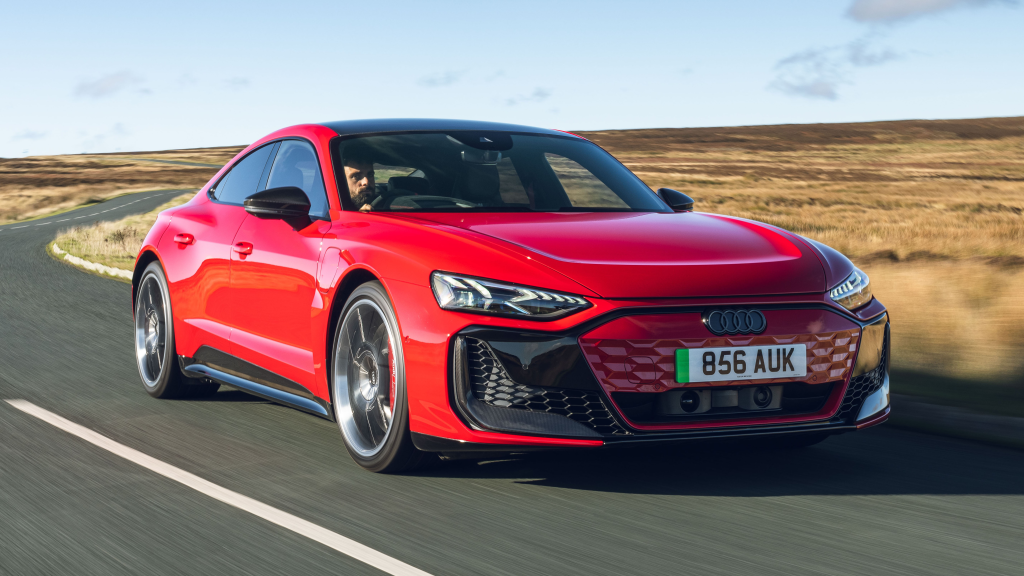
Audi issued a recall for 46 units of the e-Tron GT electric vehicle due to high-voltage battery cells that may overheat. This issue could lead to the potential risk of a fire, making it essential for owners of these vehicles to have the batteries inspected and replaced as needed.
“We are in direct contact with the affected owners to schedule the necessary checks and replacements of the battery cells to eliminate any risk,” Audi South Africa stated.
Volvo XC90 (27 units, 2020–2022 models)
Another recall was issued for 27 units of the Volvo XC90, specifically the 2020–2022 model years. These vehicles may face a risk of battery overheating when fully charged. This could lead to thermal events, such as fires, posing a significant risk to the safety of the vehicle’s occupants.
“As part of our ongoing commitment to customer safety, we are offering a free check and replacement of the battery if needed,” Volvo’s South African representative said.
The Impact of Vehicle Recalls on South African Drivers
These major recalls of vehicles are intended to fix critical safety issues, but they still have a significant impact on drivers. The vehicles affected can have serious safety defects, such as seat belts that don’t work, brakes that don’t work, and other vital systems.
Safety Risks
The primary concern when a vehicle has a safety defect is the risk it poses to the driver and passenger. If the seatbelts or brakes are faulty, it could be harder for a vehicle to protect its passengers in an accident. This can increase the risk of injury and death.
According to the National Consumer Commission, any delay in dealing with a recall can lead to greater safety concerns.
Consumers must act immediately when notified about a recall. Delaying repairs puts passengers and drivers at risk.”
Financial Concerns
The cost of repairs is another issue that vehicle owners often raise. The manufacturers are responsible for fixing safety defects without charging the consumer. The recall will cover all necessary repairs and replacements, relieving the driver of financial burden.
The cost of replacing or repairing faulty parts is the responsibility of the manufacturer. Hardin Ratshisusu is the Acting Commissioner for the National Consumer Commission.
What South African Drivers Should Do
It’s important not to ignore a recall notification. What you can do to protect yourself:
1. Verify your vehicle’s recall status
You’ll first need to check if your car is included in the recall. This can be checked by visiting the official manufacturer’s website or calling your local dealer. Manufacturers will often notify affected owners of any changes, but you should always double-check.
2. Schedule a Free Inspection
Schedule a free vehicle inspection with an authorized service center once you confirm that your car is affected. Dealerships are usually willing to inspect your vehicle and make any repairs necessary at no charge.
3. Act Without Delay
Delaying repairs can put you and your passengers at risk. Repairs are often straightforward and can be done quickly to ensure your vehicle’s safety.
4. Stay informed
Stay informed about the recall status. The National Consumer Commission and manufacturers will keep you informed of any changes or instructions. Follow any additional instructions they provide.
ALSO READ: The Cheapest Cars in South Africa: Best Budget-Friendly Picks in Every Segment for 2025
These vehicle recalls have affected thousands of South African drivers. This highlights the importance of dealing with safety issues quickly. These issues, whether it’s an ill-functioning braking system or a seatbelt problem, can have a significant impact on your safety.
Contact your dealer immediately if you receive a recall notification. Your vehicle will be repaired for free. Don’t forget that taking action will protect you and your passengers.
Visit the official National Consumer Commission website for more information about vehicle recalls.
